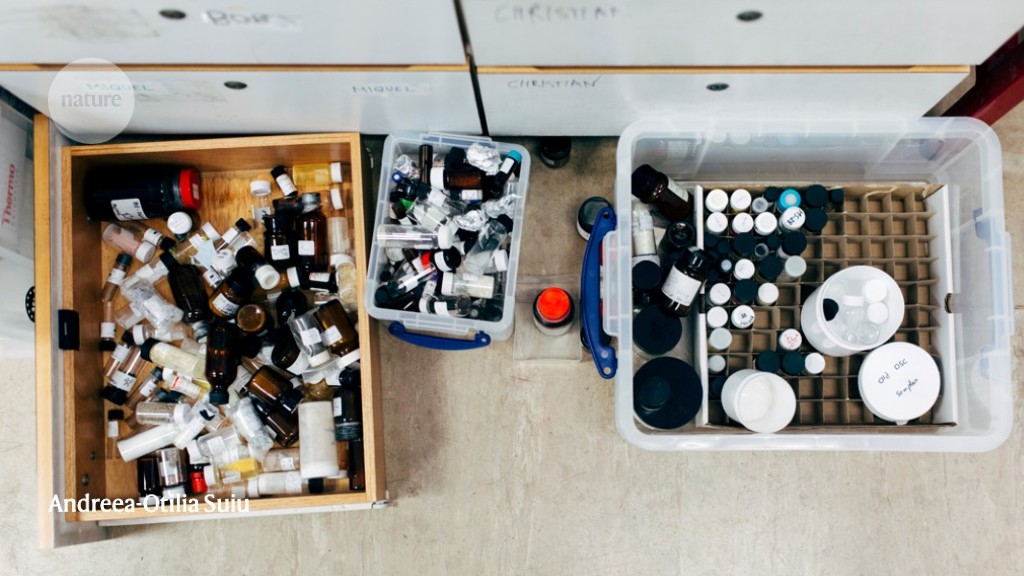Five Ways to Ensure Flood-risk Research Helps the Most Vulnerable
Studies are skewed towards resilient places and people: improve data, metrics, inclusion and more.

opinion articles
Send us a link
Studies are skewed towards resilient places and people: improve data, metrics, inclusion and more.

Lots of things are wrong with paying for peer review.
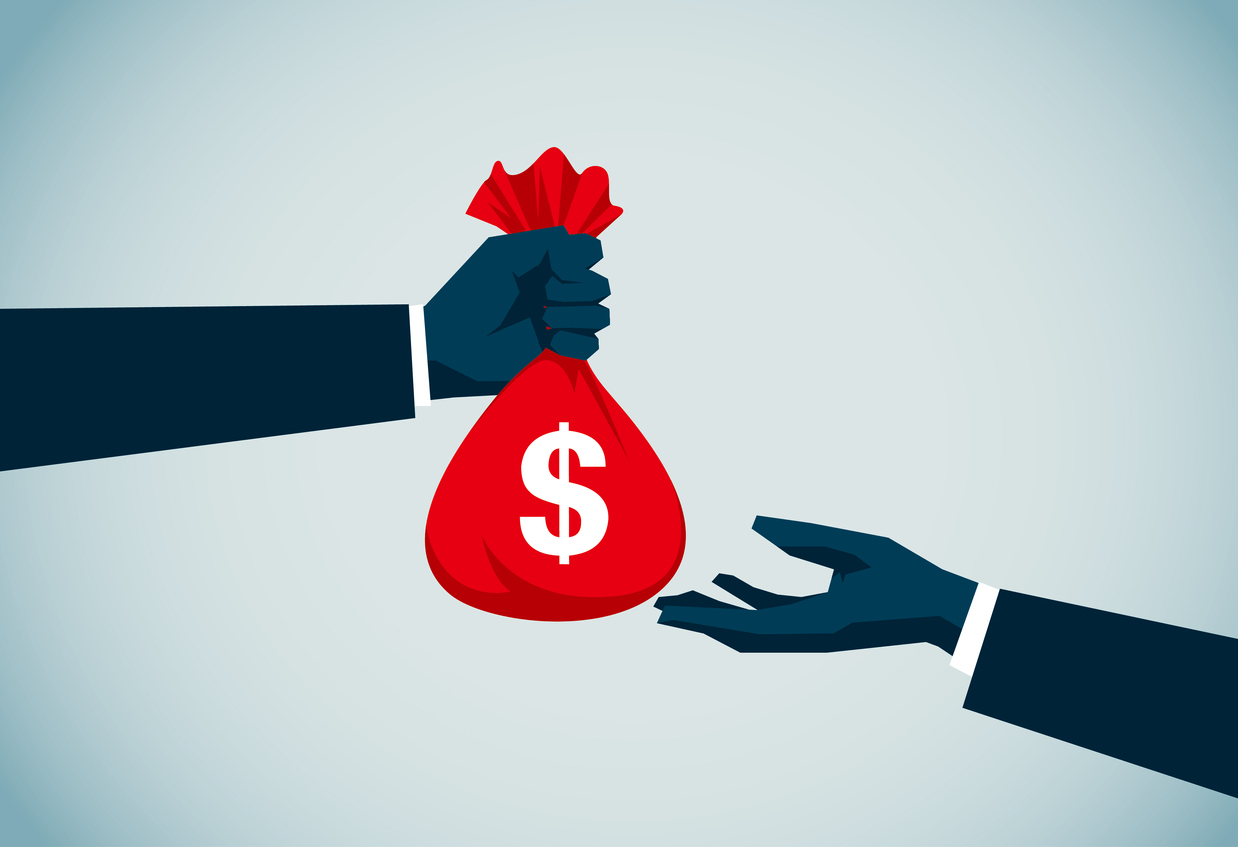
The pandemic stress-tested the way the world produces evidence - and revealed all the flaws.

Germany's academic system is admired all over the world. It is almost entirely publicly funded, while studying at most of its higher education institutions is free of charge. However, the working conditions enjoyed by a vast majority of German academic staff do not seem to live up to the stellar reputation German science has internationally.
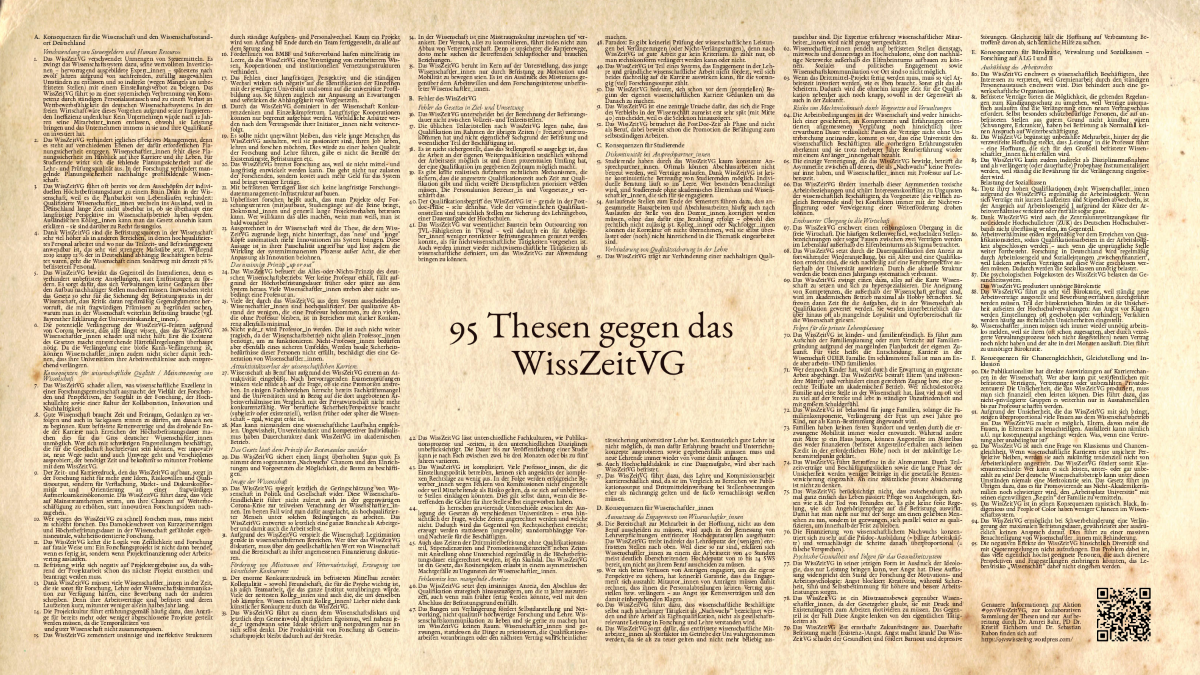
Liz Bal from Jisc discusses the scholarly publishing lessons learned from COVID-19, and how they can be applied to make research communication more efficient and effective.

College students aren't guinea pigs.
Scientists are studying mix-and-matching vaccines for Covid-19 and other diseases.

The US scientific research enterprise is completely intertwined with US global hegemony.

There are increased discussions around open access and open science in journals, but what do these terms really mean? Here we try to dissect its meaning for early career scientists and professionals.
Ooh, the behavioral economists are going to be so smug about this.

Your new manager likely doesn't have a PhD, and she's higher on the food chain because experience is more valued than a doctorate. Tips on becoming a more pragmatic professional when transitioning to a career outside of academia.

A myopic but seductive worldview has caught on among many influential people - and it might be hindering our ability to solve real-world problems.
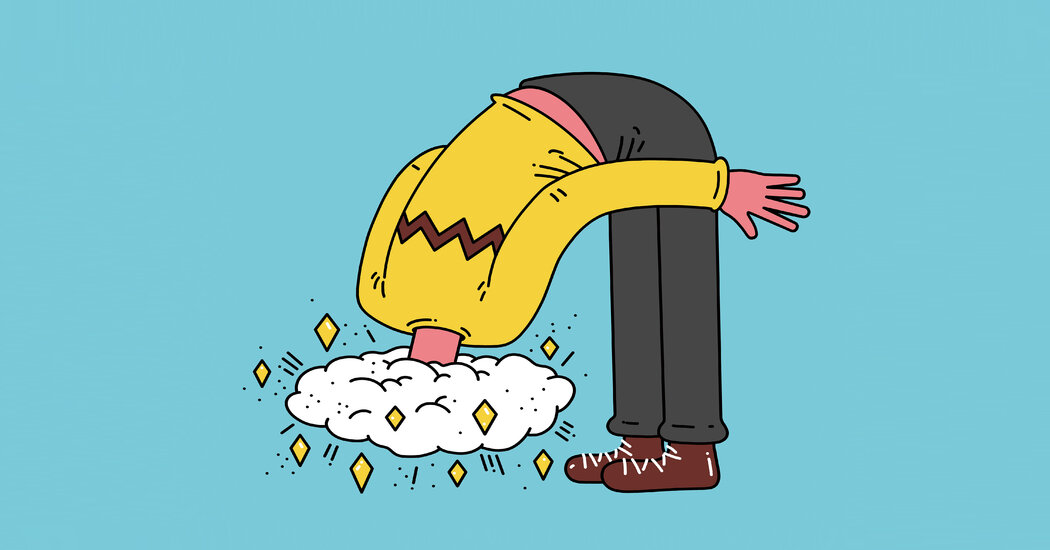
The promotion and marketing of unproven stem cell therapies is a global problem that needs a global solution, say experts. The authors of the paper call for the World Health Organization (WHO) to establish an advisory committee on regenerative medicine to tackle this issue and provide guidance for countries around the world.
What happens if a government prioritises pecuniary returns in Higher Education?
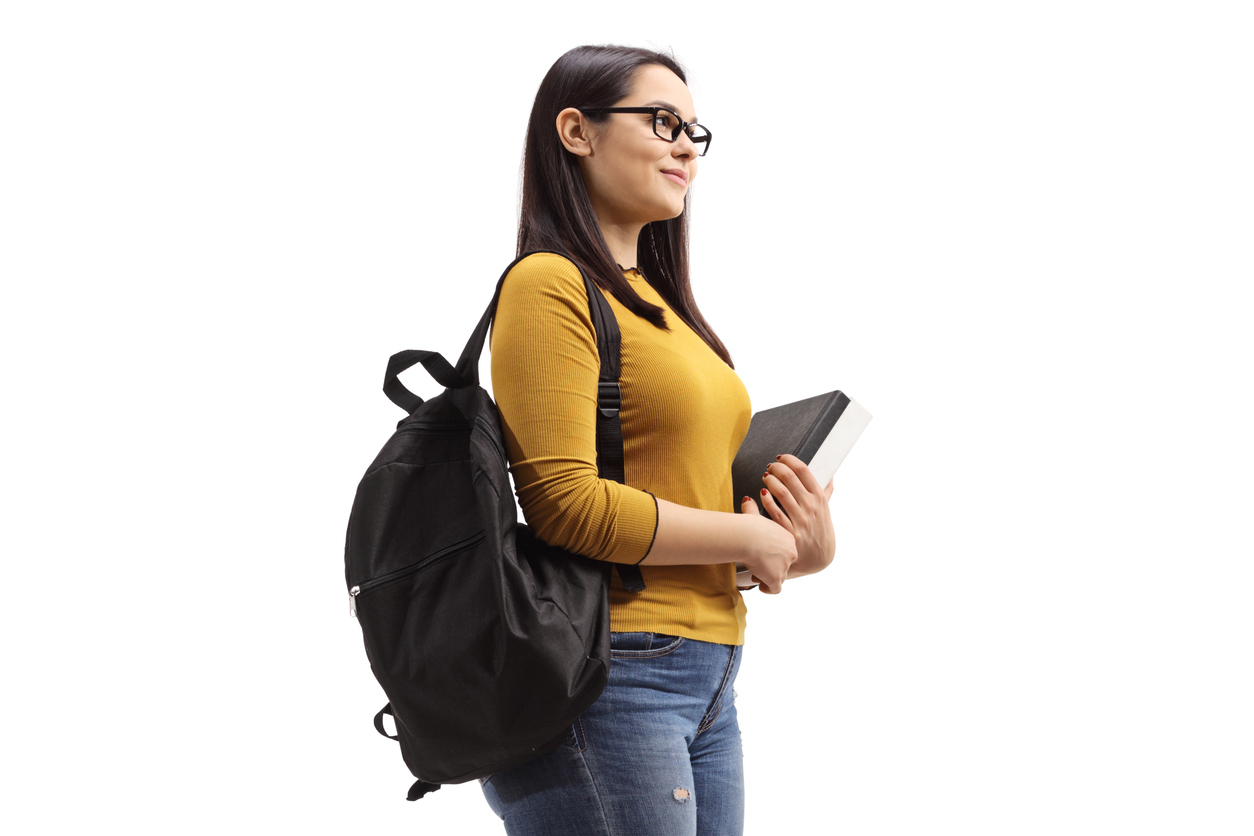
In the wake of COVID, a pandemic treaty could be a way to agree on data access before the next emergency strikes.
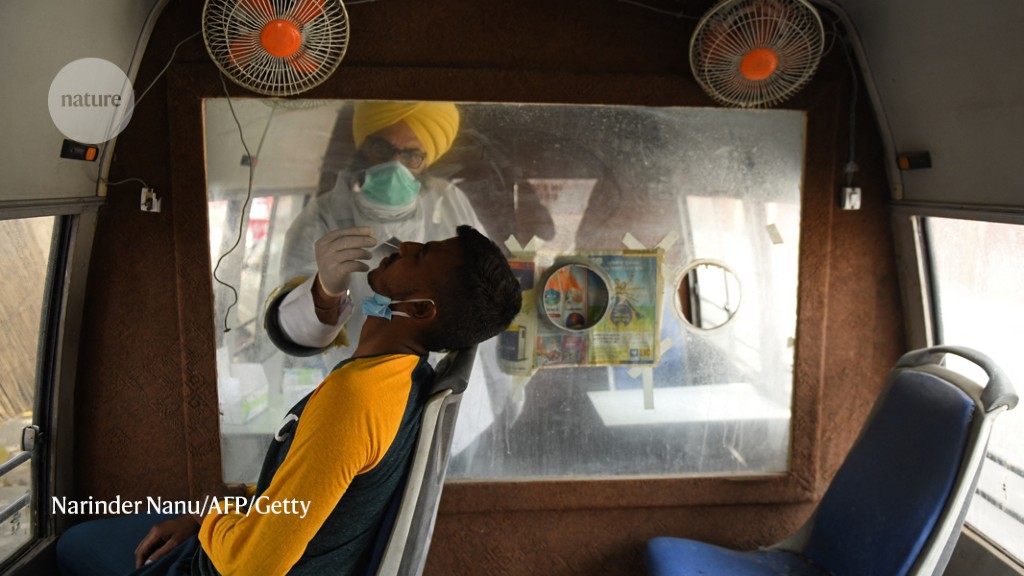
By taking positive action, as well as by protecting others from subtle slights, we can foster a better academic culture.
Rates of mucormycosis were high even before the pandemic, and now the country is running out of antifungal drugs, say global expert Prof Arunaloke Chakrabarti and infectious diseases doctor Ilan Schwartz
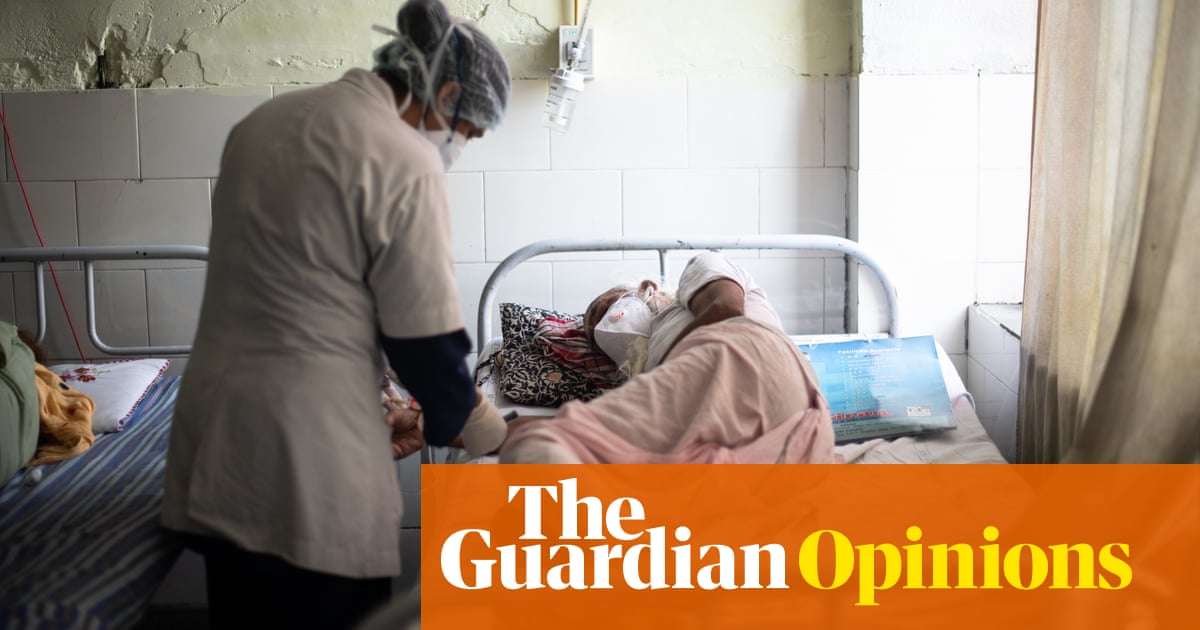
When people sensationalize research, parents pay the price.

We need a sustainable model of scientific publishing that is beneficial to scientists, universities, and the public.

Implementing changes to promote a fairer distribution of funding is necessary to improve career prospects and to drive excellence in scientific research.
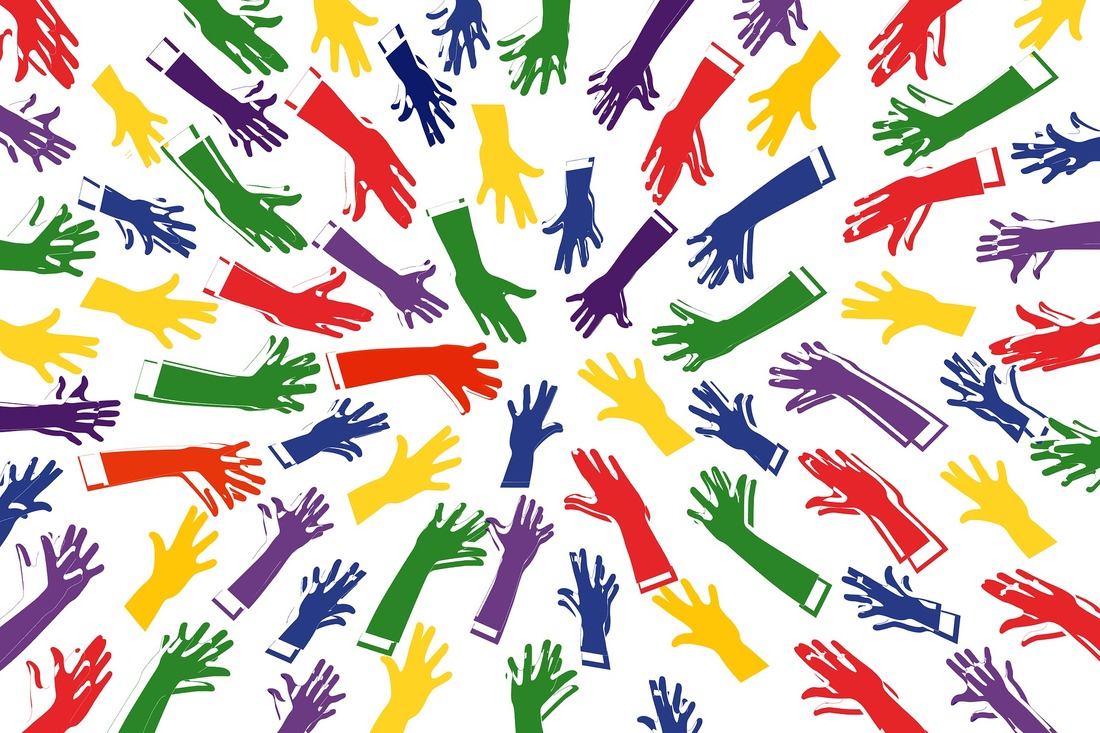
The Covid crisis has shown that consensual information-sharing does not have to erode our democratic rights.
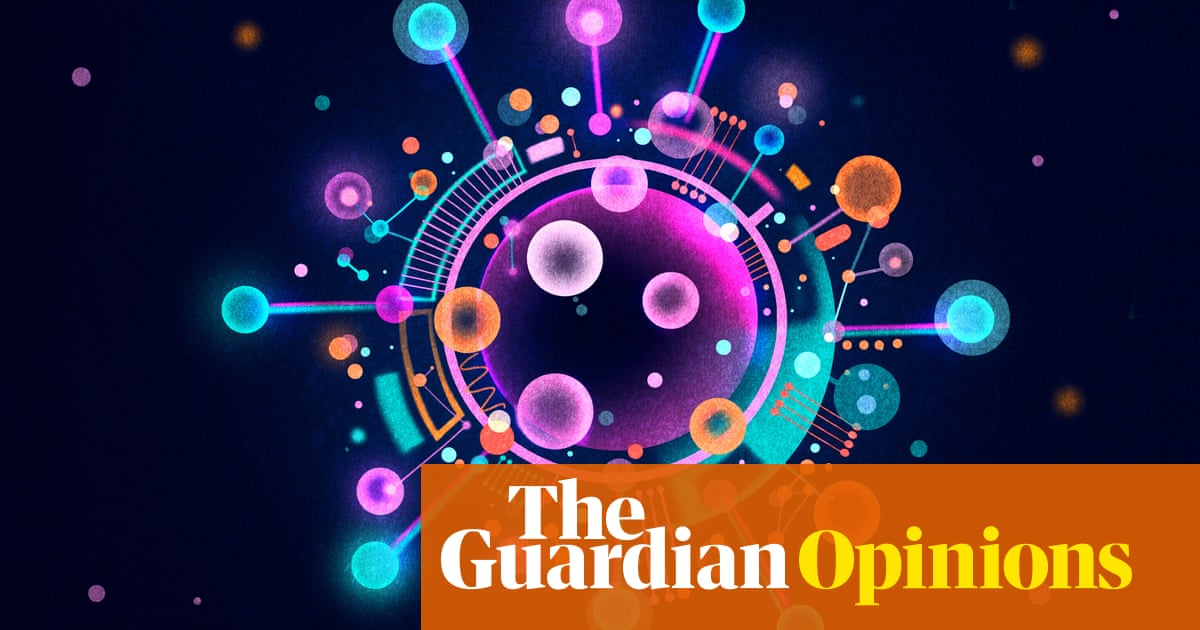
Coronavirus has shown how good science should be embedded in all big political decisions.
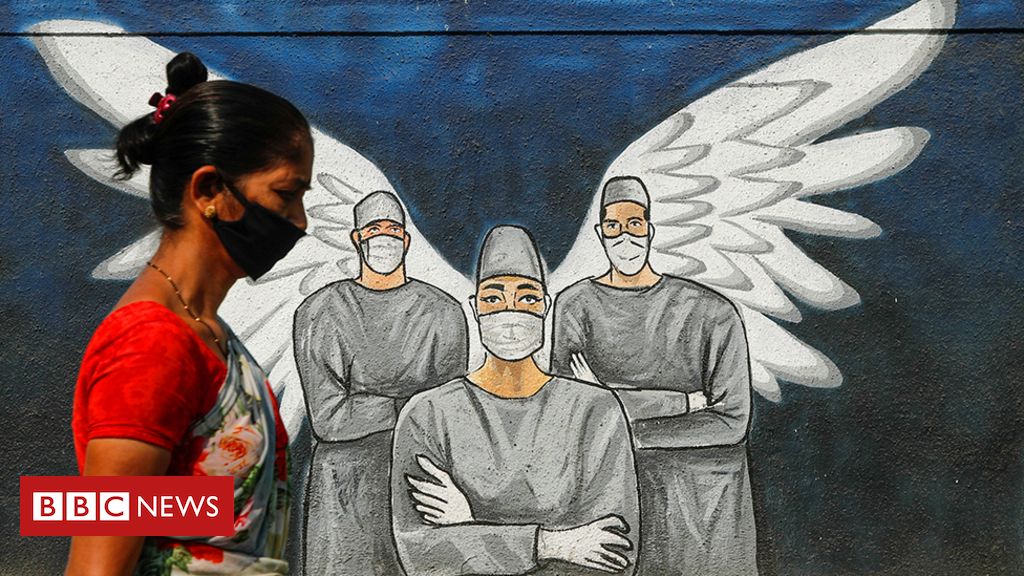
Just look at who is really in control.
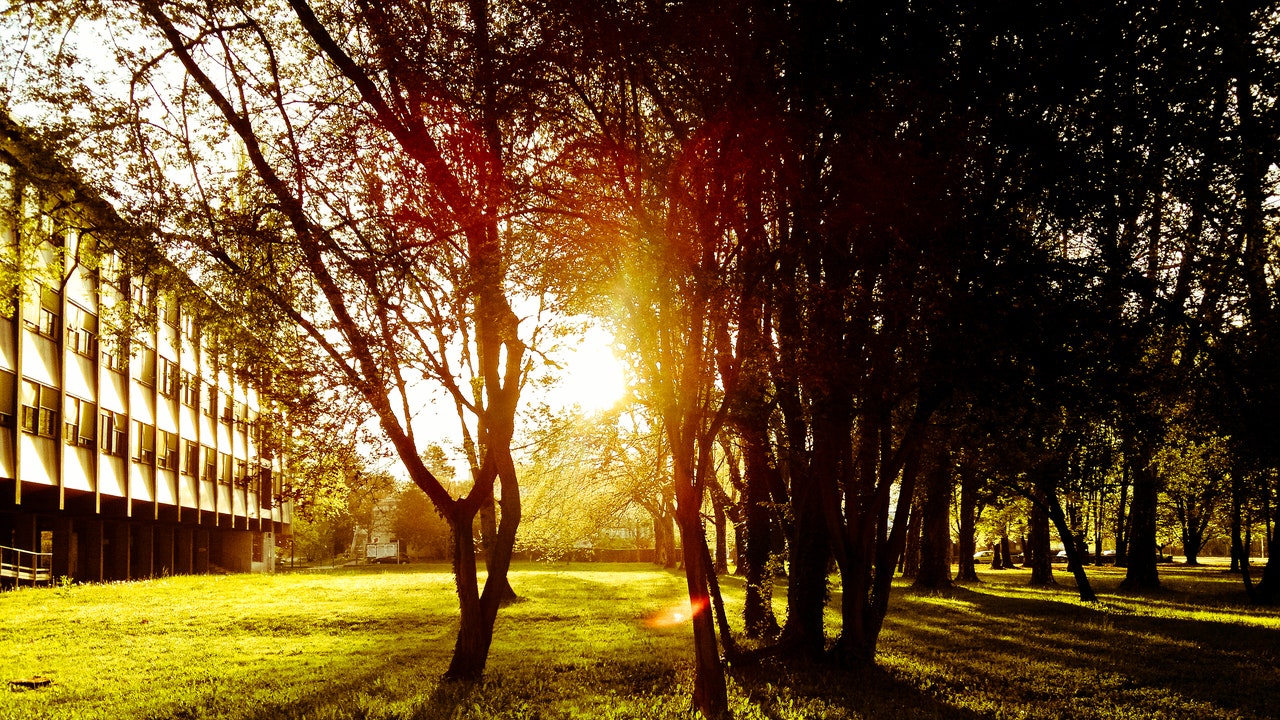
Private affluence is individuals gaining things for themselves – possessions, nice homes and experiences, trampolines. Public affluence is money spent lavishly on things that are shared – libraries, parks, buses, playgrounds.
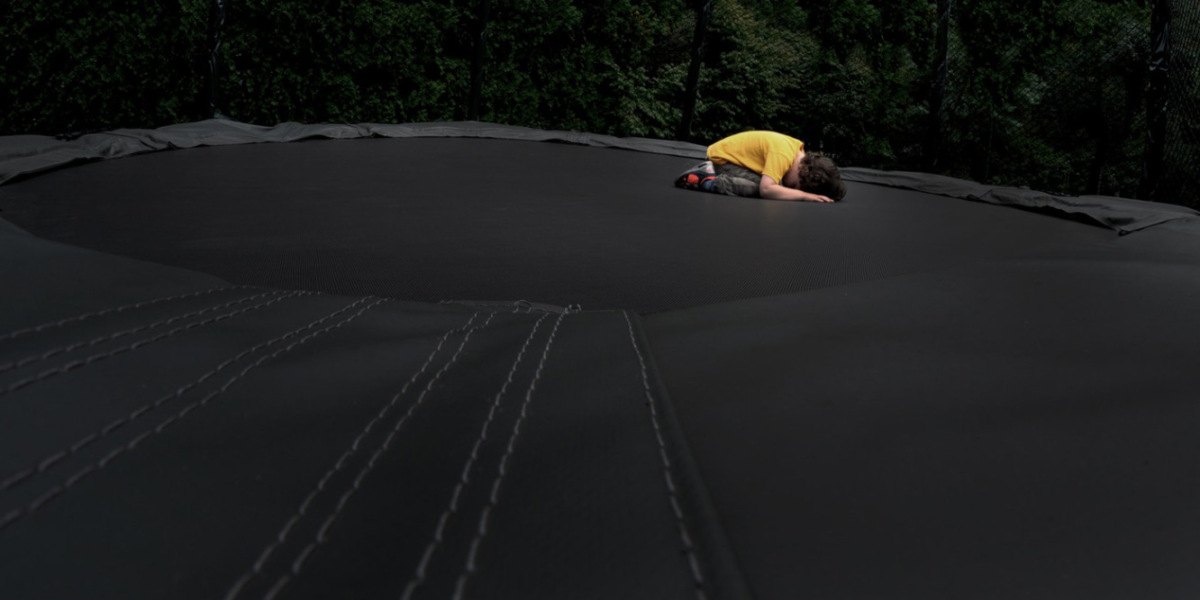
Beth Penrose describes her experiences starting a lab, recruiting staff and creating a research philosophy.
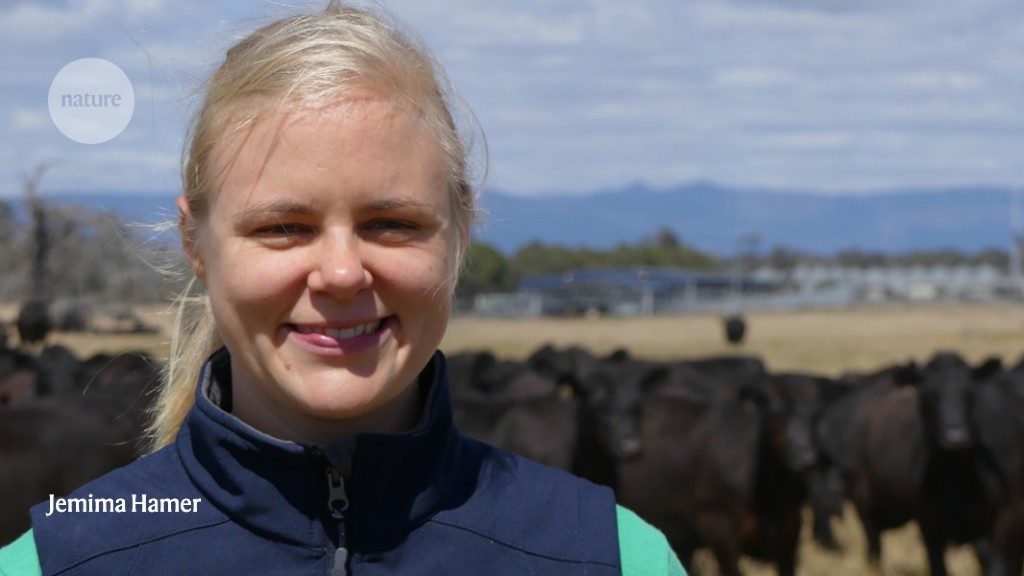
Starting a research group as the COVID-19 pandemic took hold across the world presented extra challenges.
